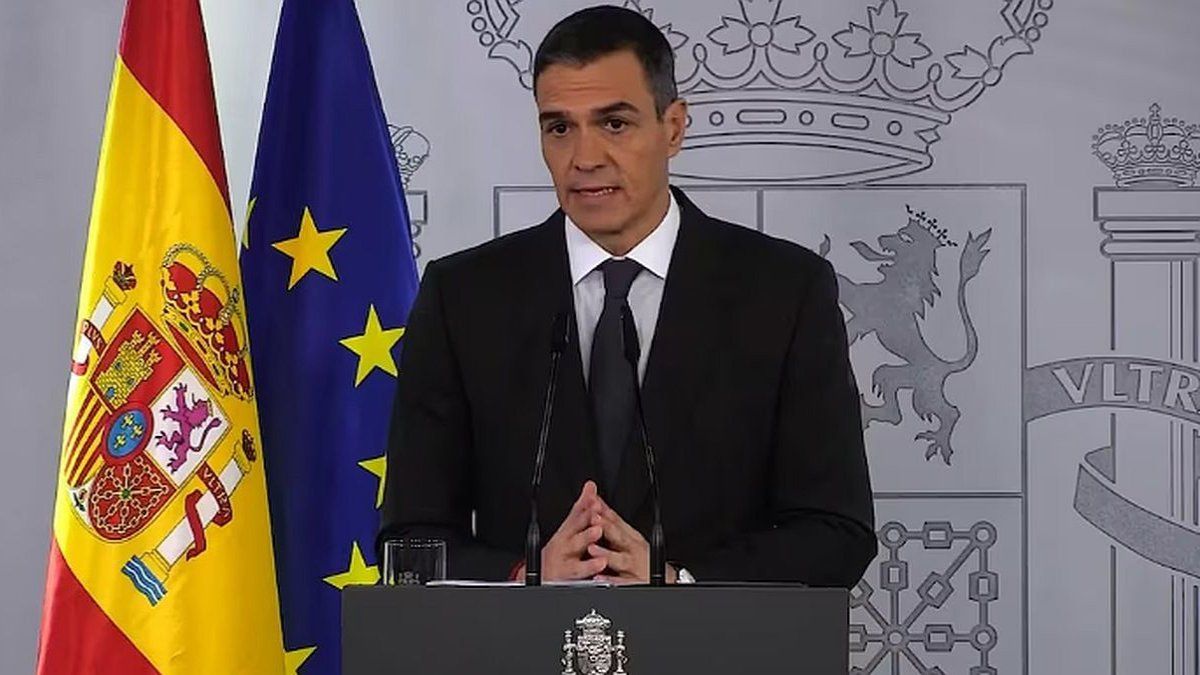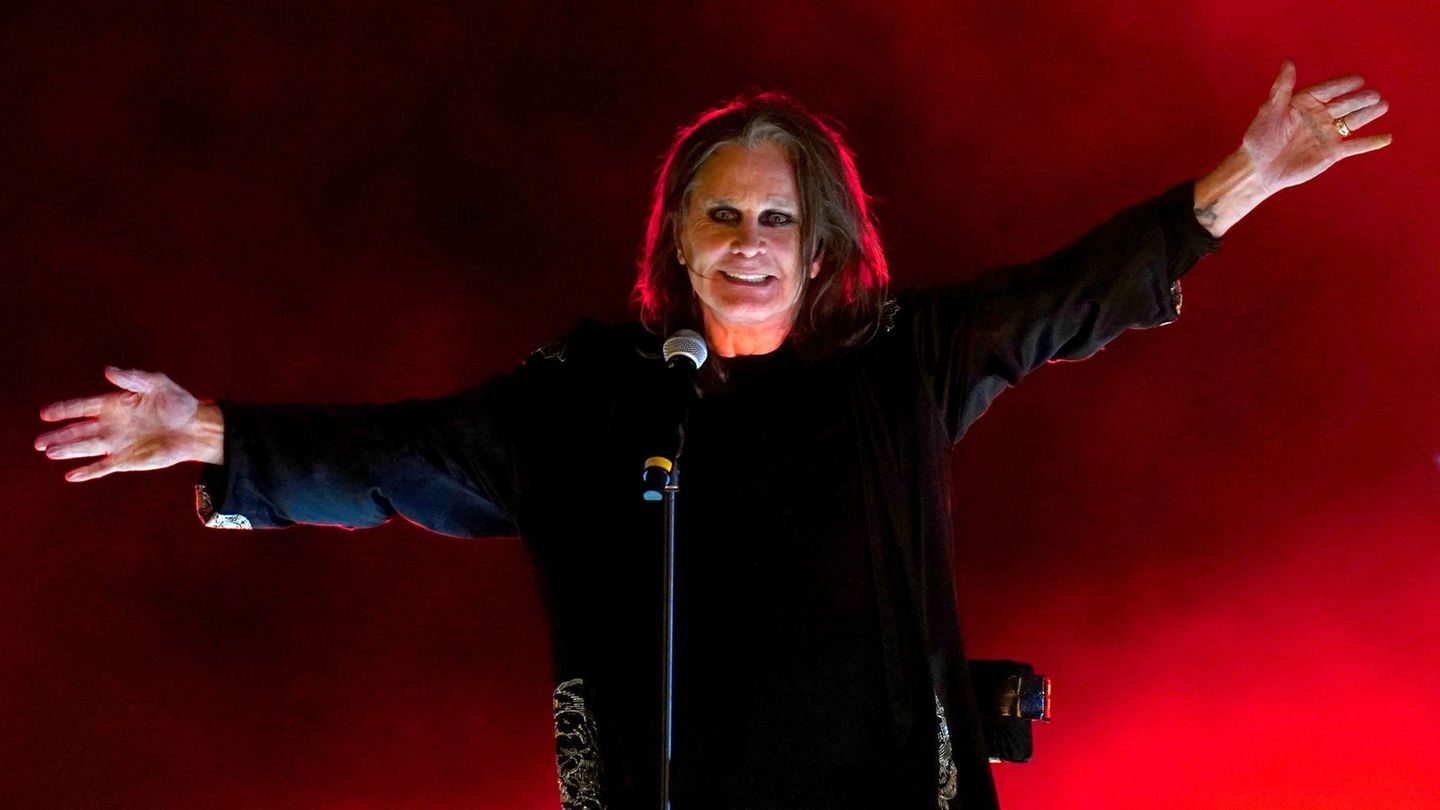The inflation expectations of the financial market and businessmen became a hot stone for the government, which, in recent weeks, did not hesitate to point them out as the cause of rising prices.
Yesterday he Central Bank of Uruguay (BCU) decided to pause its monetary policy, keeping the reference rate at 11.25% after the drop of 25 points in April, affirming that it continues to be contractive due to the inflationary scenario in which the country remains.
Inflation stood at 7.61% year-on-year in the month of April, according to data from the National Statistics Institute (INE), which represented an increase of 0.28% compared to the accumulated figure for 12 months in March. while the Underlying inflationwhich does not measure highly volatile prices, held steady at 6.22%, close to the top of the government’s 3-6% target range.
In its statement, the BCU makes special mention of inflation expectations – whose updated data will be released this afternoon – and warns against the fact that the market keeps them high. There is a risk that the current levels of expectations “will materialize through the existing indexing mechanisms in price formation and wages,” he said.
What inflation expectations do the market and businessmen have?
Inflation expectations fell for this year from 8.2 to 8.0%, according to the median of the responses to the business expectations survey surveyed by the INE in April. In this way, annual inflation expectations return to their level at the beginning of 2022, in the months prior to the Russian invasion of Ukraine, which later caused inflation to rise globally, which also affected Uruguay.
The monthly survey of the National Institute of Statistics is especially relevant given that businessmen are the direct price makers in practically all markets.
inflation indicators
Meanwhile, market projections, measured in the expectations survey carried out by the Central Bank, in its last edition in April positioned inflation at 7.27% for December.
In addition, another work by the BCU entitled “Evolution of prices and inflation expected by agents” shows that the markets expect an escalation in inflation that will reach up to 9.05% year-on-year during the second quarter of 2024 —Historic levels for Uruguay, similar to the worst economic moment during the Covid-19 pandemic. Then, with a marked decrease but which remains at high figures, March 2025 would register a year-on-year inflation rate of around 7.83%.
The government does not hide its discomfort with private projections
The minister of Economy and Finance (MEF), Azucena Arbelecherecently referred to the increase in inflation at a lunch organized by the Association of Marketing Managers (ADM). There he commented that his wish would be for businessmen’s expectations to be lower because they impact prices.
“What is expected is transferred to prices,” he pointed out, realizing the relevance of expectations in macroeconomic indices.
Source: Ambito




